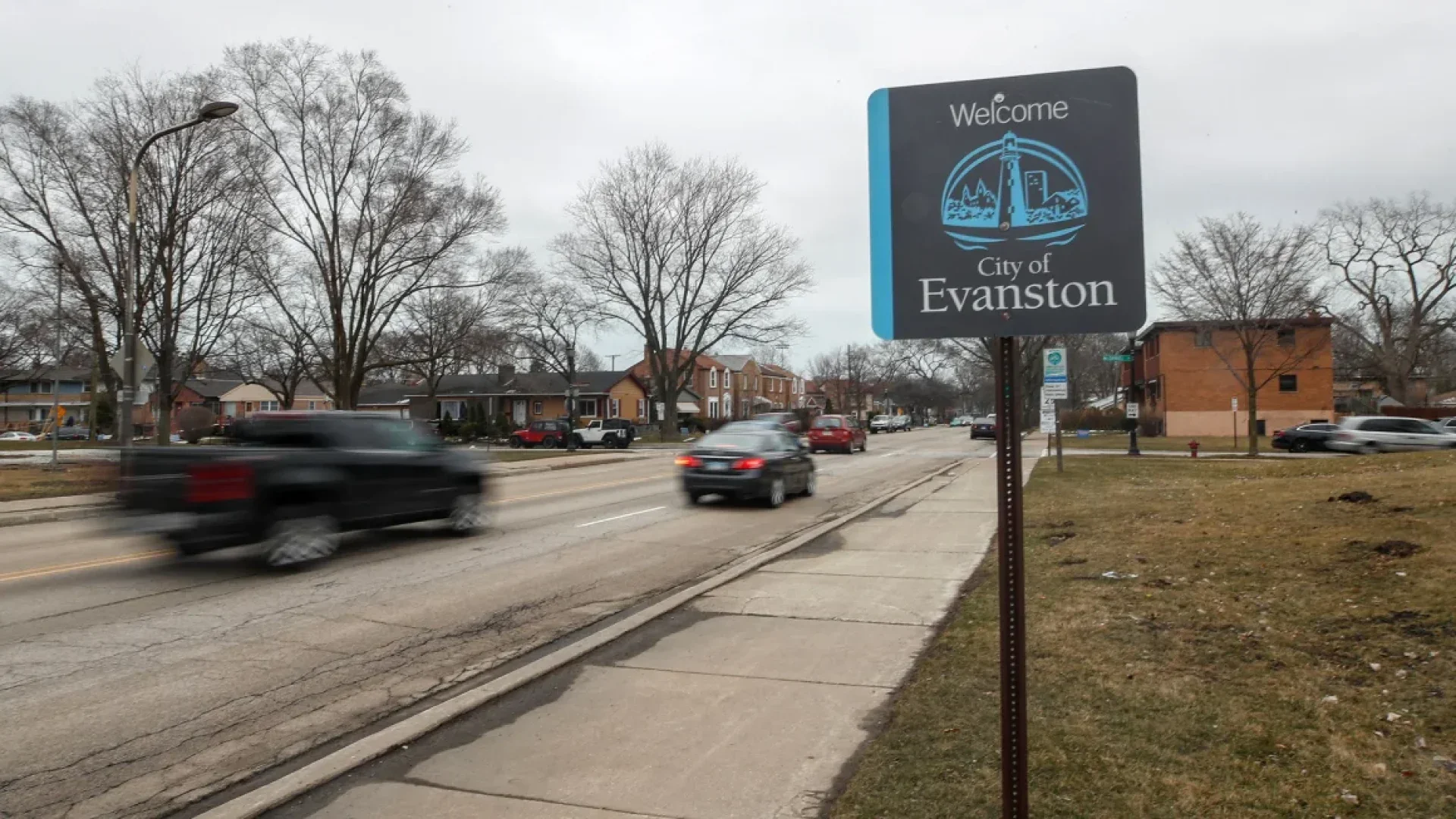
A conservative activist group has filed a class action lawsuit against Evanston, Illinois’ reparations program, arguing that its race-based eligibility criteria make it unconstitutional.
In 2021, Evanston became the first U.S. city to offer reparations to Black residents affected by discriminatory zoning laws from 1919 to 1969. Judicial Watch is representing six non-Black residents with ancestral ties to the area, and they claim the program violates the equal protection clause by using race as a proxy for discrimination.
This lawsuit is part of a trend of legal challenges to race-based initiatives following the Supreme Court’s decision to end race-conscious college admissions.
According to the memorandum, Evanston’s program was designed to acknowledge the “historical harm” to residents who experienced “discriminatory housing policies and practices.”
Housing discrimination in the town of Evanston at the time included redlining, which prevented Black residents from building wealth and fostered racial segregation. The program initially provided $25,000 to eligible Black residents, funded by the city’s cannabis sales tax.
Critics of the reparations program, including some eligible residents, have argued that its limitations—especially for renters—demanded revisions. Community advocacy led to the inclusion of direct cash payments for housing costs. Eligible Black residents, or their descendants, who lived in Evanston between 1919 and 1969 or experienced later housing discrimination, can receive $25,000. As of May 1, 129 original residents had accepted payments, with another 80 descendants expected to receive reparations this year.
Judicial Watch contends that their plaintiffs meet all criteria except the racial requirement and are thus unjustly excluded. They seek $25,000 in damages and an injunction against the race-based eligibility. In response, Evanston’s communications manager, Cynthia Vargas, stated the city would vigorously defend its reparations program against any legal challenges.